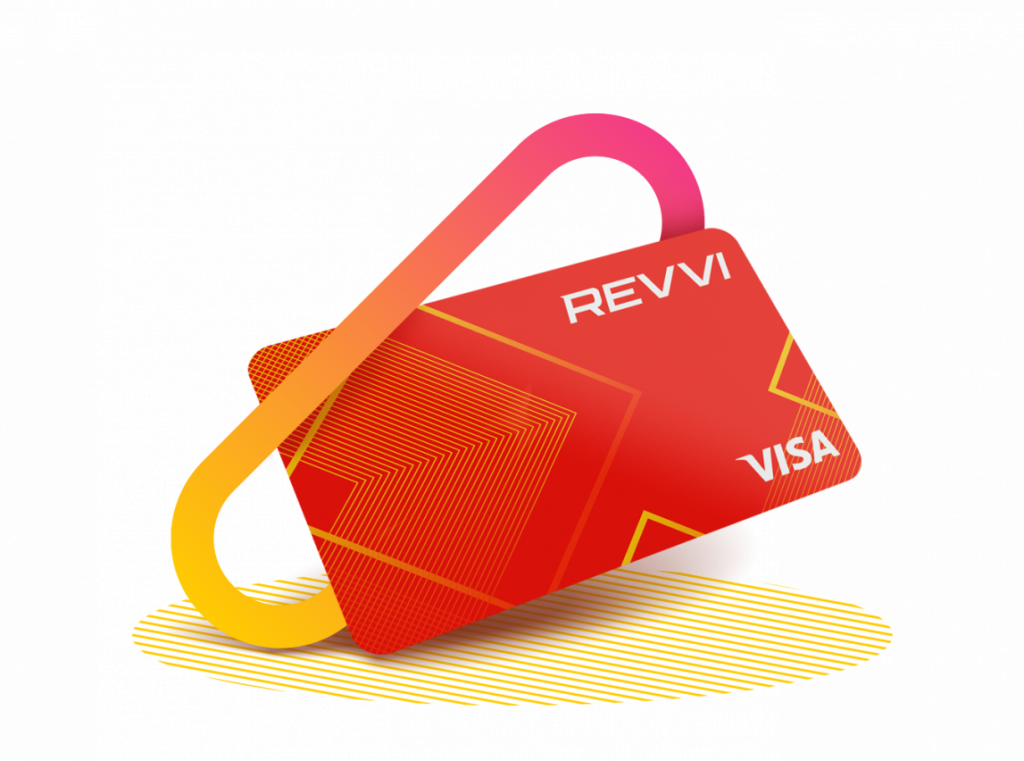5 Ways to Eliminate
Financial Stress
1 Pay down your credit card debt
According to Experian, average credit card debt among U.S. adults with a credit card was $5,525 in 2021. With an average annual percentage rate of 17.99%, that means $1000 just in interest payments – if you can manage to pay it off in a year! Now imagine if you’re only paying $100 per month. You’ll end up paying $4465 in interest, and it will take you 7.5 years to pay off!
So, what do you do if you have credit card debt? The sooner you can pay off your debt, the less you pay in the long run. There are lots of good options to pay off credit card debt more quickly – and as a bonus, many of them also reduce your monthly payment.
No matter how you do it, when you pay down your credit card debt, you pay less in interest over time and start to eliminate the stress that comes with having large debt.
We all experience financial stress when we get a surprise bill. According to a recent study by Bankrate, nearly 6 in 10 Americans don’t have enough savings to cover a $500 unplanned expense.
Traditional financial advice says to have a buffer of 6 months of emergency savings. To calculate how much this is for you, break down what you pay for necessities each month. Your list should include:
- Rent or mortgage
- Car/gas or money for public transportation
- Food
- Utilities
- Insurance
- Medical expenses like monthly prescriptions

3 Track your spending and create a budget
We’ve all gotten to the end of the month and said, “Where did all that money go?” Well, step one to answering that question is to track your spending. There are even some great apps to do so these days! Once you have this information, you’re ready to create a budget.
Developing a budget will help you to figure out what you can afford. Without a budget, many people fall into the habit of spending money freely, without determining what is a necessity, and what extras they can comfortably spend money on. With a budget, you take away the stress of not knowing and make sure you never come up short.

Little luxuries are part of a balanced, happy life. However, when these extras create financial trouble, they become something that takes away from quality of life rather than making it better. Make sure your necessities are covered first (including that emergency fund!) and use your budget to make sure those extras keep making you happy – instead of causing extra stress.
When tempted with a large purchase, make sure to ask yourself if it is something that you really need or if it’s just a “want.” Sometimes it can even seem like it’s a necessity, like getting a new car when yours is old but still works. Check in with your budget – can you afford the payments and the extra insurance?
If the answer is maybe, follow the rule: when in doubt — don’t. If you know your car will be reliable for another few years, keep driving the older model and save up for a larger down payment. Following this rule keeps you from having buyer’s remorse and develops better money management skills, which brings down your financial stress.
